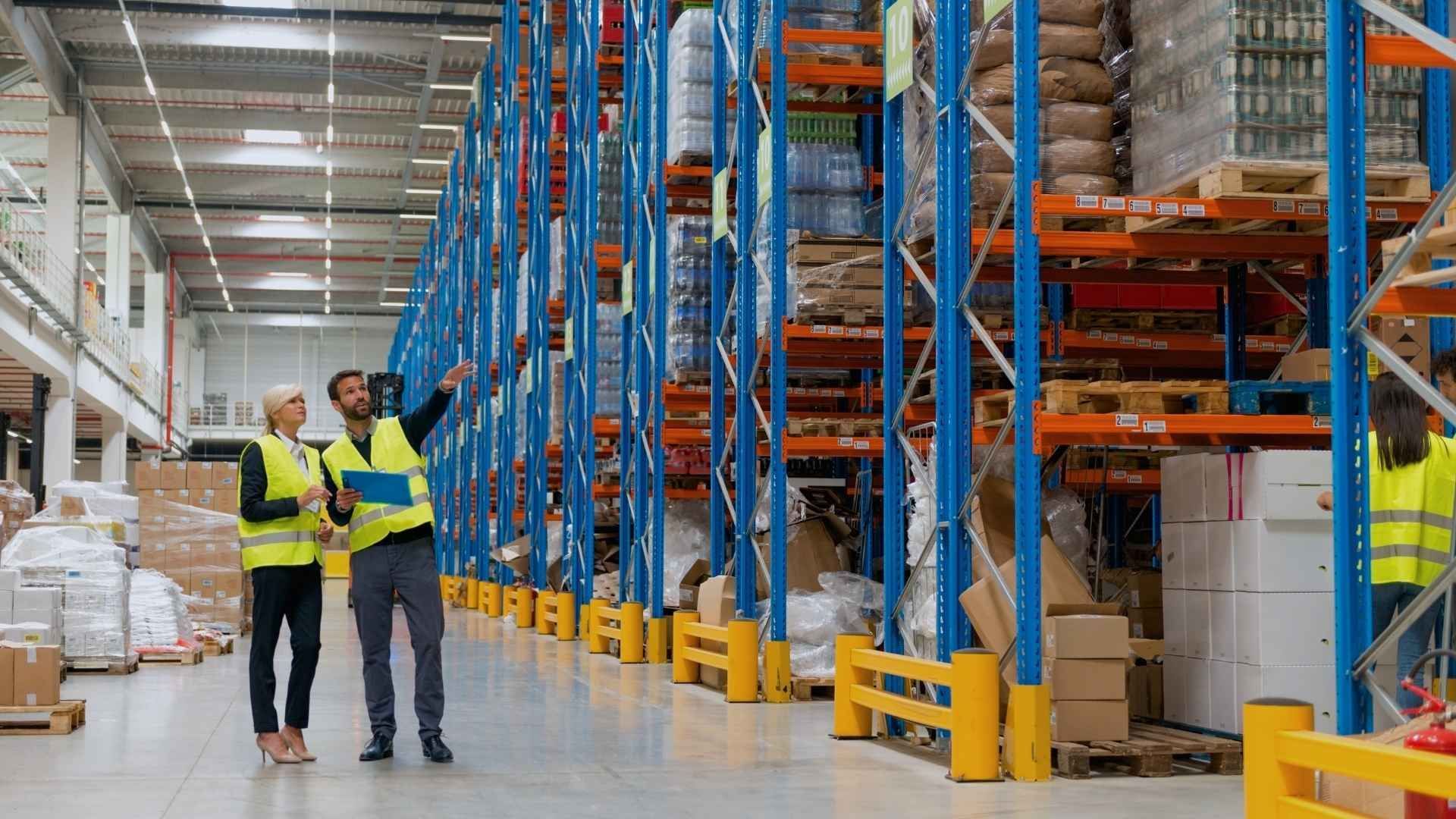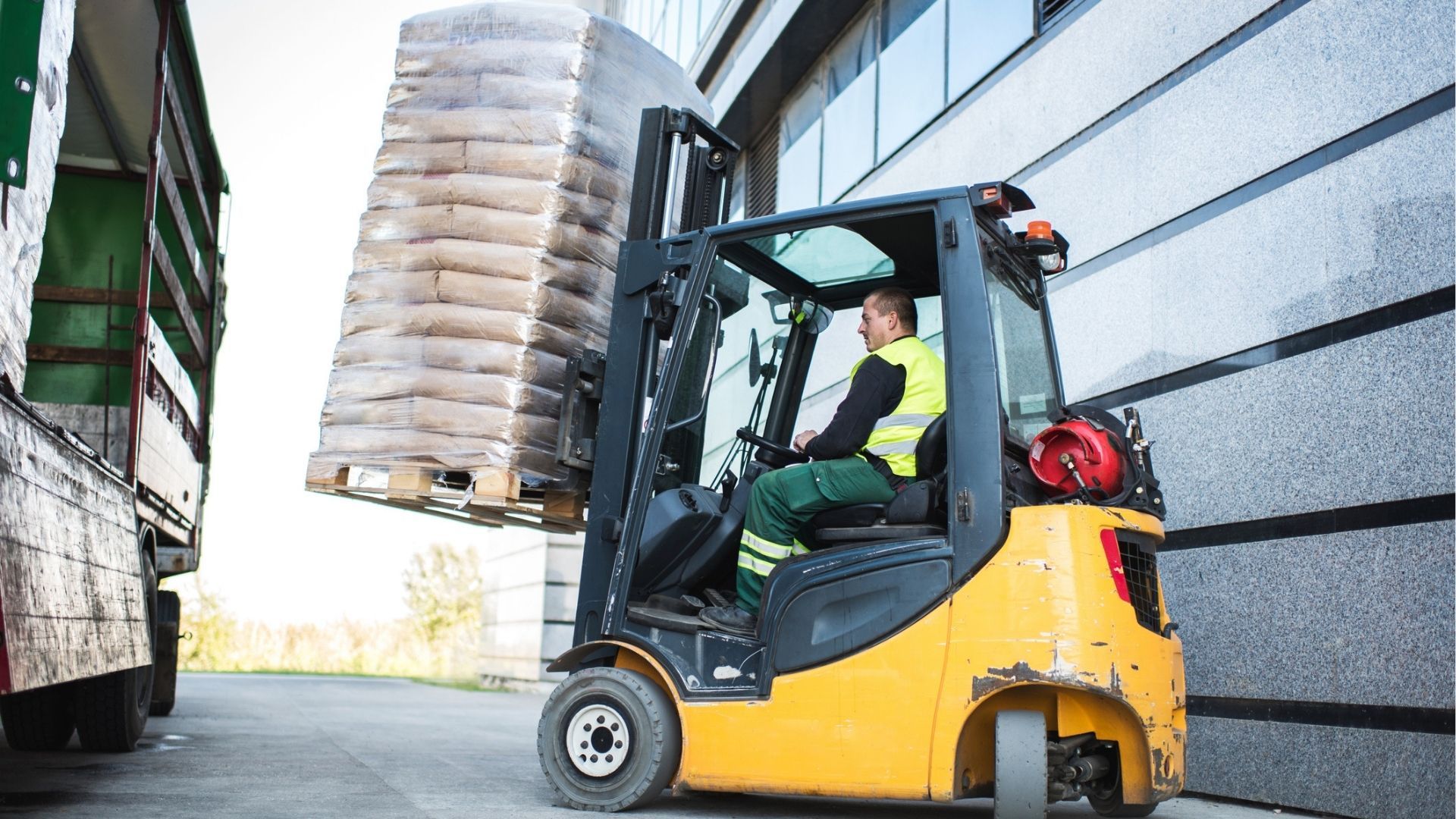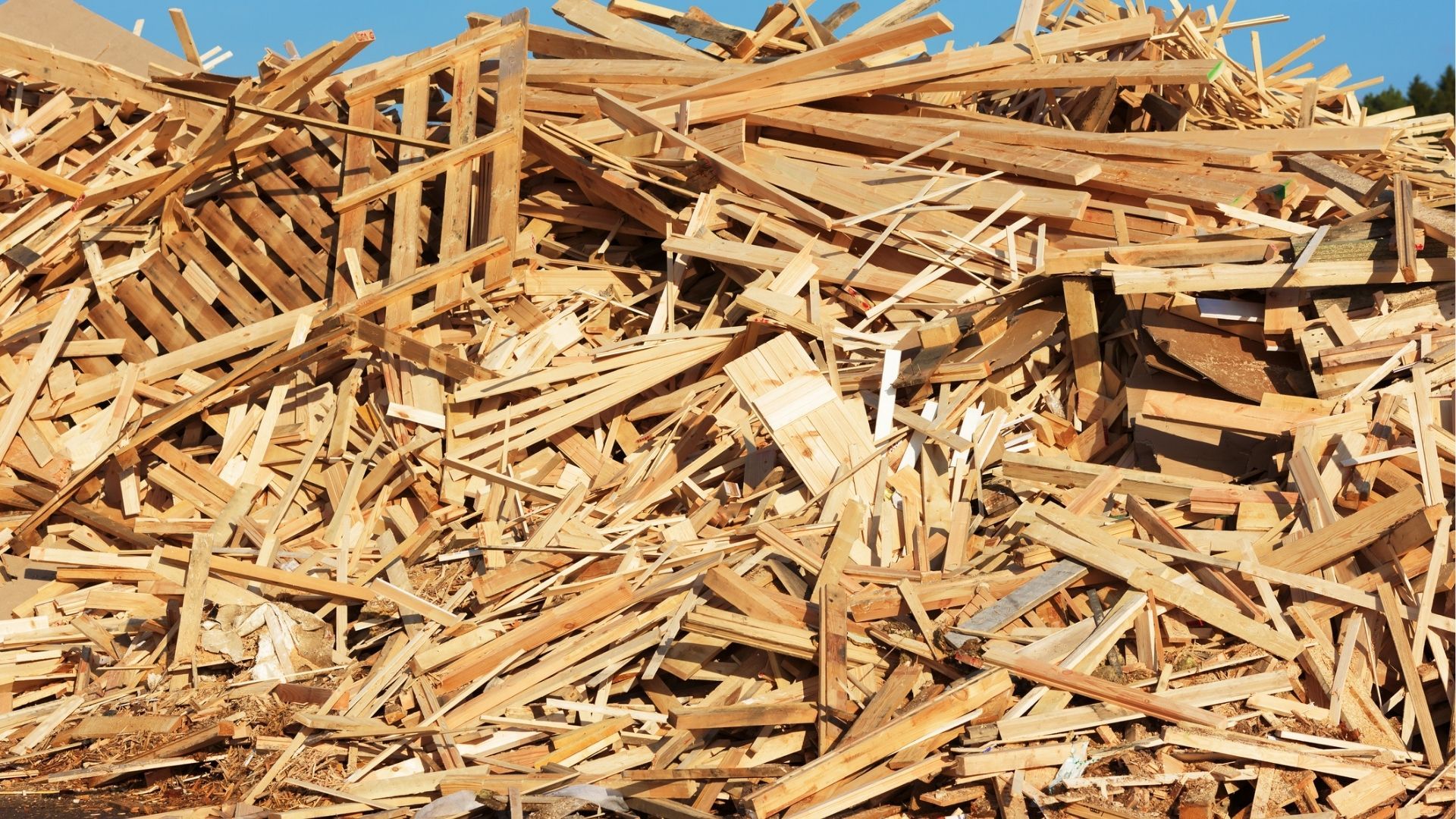Implementing a Pallet Management System: Steps and Benefits
Pallets are the foundation of efficient logistics, but without a system in place to manage them, businesses risk losing track of inventory, overspending, or experiencing costly disruptions.

A well-implemented pallet management system helps companies track usage, reduce waste, and ensure consistent supply—especially during peak times. In this blog, we’ll outline the key steps to implementing a pallet management system and explore the many benefits it offers. At M7 Pallets, we support businesses throughout Atlanta with smart pallet strategies that lead to smoother, more cost-effective operations.
What Is a Pallet Management System?
A pallet management system is a structured approach to tracking, organizing, and optimizing pallet usage within your supply chain. It includes inventory tracking, regular inspections, recycling and repair processes, vendor coordination, and forecasting tools to ensure you always have the right pallets when and where you need them.
This system can be as simple as manual tracking for small businesses or as advanced as integrating real-time pallet data into your warehouse management software.
Benefits of a Pallet Management System
Implementing a pallet management system offers several advantages that directly impact your bottom line:
1. Improved Inventory Control
A clear system helps you track how many pallets are in circulation, in storage, or in transit. This minimizes overstocking or understocking and ensures pallets are always available when needed.
2. Reduced Costs
Monitoring pallet usage reduces unnecessary purchases, identifies underused inventory, and helps avoid loss or theft. Additionally, repaired and recycled pallets reduce the need for constant new purchases.
3. Operational Efficiency
A centralized system streamlines the process of ordering, receiving, staging, and returning pallets—keeping your logistics team focused on productivity, not chasing down equipment.
4. Sustainability Gains
Efficient pallet use means fewer pallets go to waste. Incorporating refurbished or recycled pallets into your system reduces environmental impact and supports your sustainability goals.
5. Stronger Vendor Relationships
With a reliable system in place, you can schedule pallet deliveries and pickups with your supplier proactively, avoiding last-minute scrambles and premium fees.
Steps to Implement a Pallet Management System
Step 1: Assess Your Current Pallet Usage
Start by reviewing your current pallet flow:
- How many pallets do you use per month?
- Where are they stored, and how are they returned or disposed of?
- What types of pallets are used (new, recycled, heat treated, etc.)?
Understanding your starting point is essential for creating an efficient system.
Step 2: Define Your Needs and Objectives
Identify what you want to improve:
- Better inventory tracking?
- Reduced waste or cost?
- Improved vendor communication?
- More sustainable practices?
This will shape how you build and manage your pallet system.
Step 3: Choose the Right Pallet Types
Work with a trusted supplier like M7 Pallets to identify the best pallet mix for your operations. Consider:
- New Wood Pallets or Recycled Wood Pallets
- Heat treated (HT) or Kiln Dried Heat Treated (KDHT) options for export
- Custom pallets for unique loads or racking systems
Standardizing your pallet types will simplify management and improve consistency.
Step 4: Establish Tracking Procedures
Use tools that suit your operation’s size and complexity:
- Manual logs or spreadsheets for small teams
- Barcoded pallet tags for warehouse scanning
- Integrated software with warehouse or ERP systems
Track location, usage frequency, return status, and maintenance records.
Step 5: Partner with a Reliable Pallet Provider
A consistent supply partner helps you:
- Schedule regular deliveries and pickups
- Get urgent replacements when needed
- Recycle or repair damaged pallets
- Forecast inventory based on shipping trends
At M7 Pallets, we work alongside businesses to ensure their pallet program runs like clockwork.
Step 6: Train Your Team
Educate your warehouse and logistics teams on the pallet management process:
- How to inspect pallets for damage
- When and how to report shortages or overstock
- How to properly store and stage pallets
Consistency in execution is key to long-term success.
Step 7: Review and Optimize Regularly
Monitor your system's performance every quarter:
- Are you losing pallets?
- Are costs staying within budget?
- Do you have too many or too few on hand?
Use your data to make small changes that lead to big improvements.
Why M7 Pallets Should Be Part of Your Pallet Management Strategy
At M7 Pallets, we go beyond supplying quality pallets—we help you manage them. Whether you're running a small warehouse or a regional distribution center, we’ll help you implement a pallet management strategy that works. From custom builds and recycled options to heat treated pallets for export, we provide consistent quality, fast delivery, and expert support to keep your pallet flow efficient.
Ready to get control of your pallet supply chain?
Let M7 Pallets help you build a smarter, more efficient pallet management system. Call us today or request a quote online to get started with your customized pallet strategy.

Michael Mack
M7 Pallets, Business Owner
I’m Michael Mack, the owner of M7 Pallets, and I want to personally invite you to experience the difference that our pallet solutions can make for your business. I understand that pallets are a crucial part of your operations, and choosing the right pallets can significantly impact your success.
Whether you’re a small business owner in Atlanta or throughout North Georgia, I am here to simplify the pallet selection process for you. At M7 Pallets, we offer a wide range of pallet types, including new wood pallets, custom wood pallets, recycled or used pallets, and heat treated pallets. I am committed to helping you find the perfect pallet solution that fits your unique needs and budget.
Reach out to us today. Let’s start a conversation about how M7 Pallets can streamline your supply chain, improve efficiency, and save you money. I am ready to assist you in making informed decisions about pallets, so you can focus on what matters most – growing your business.



